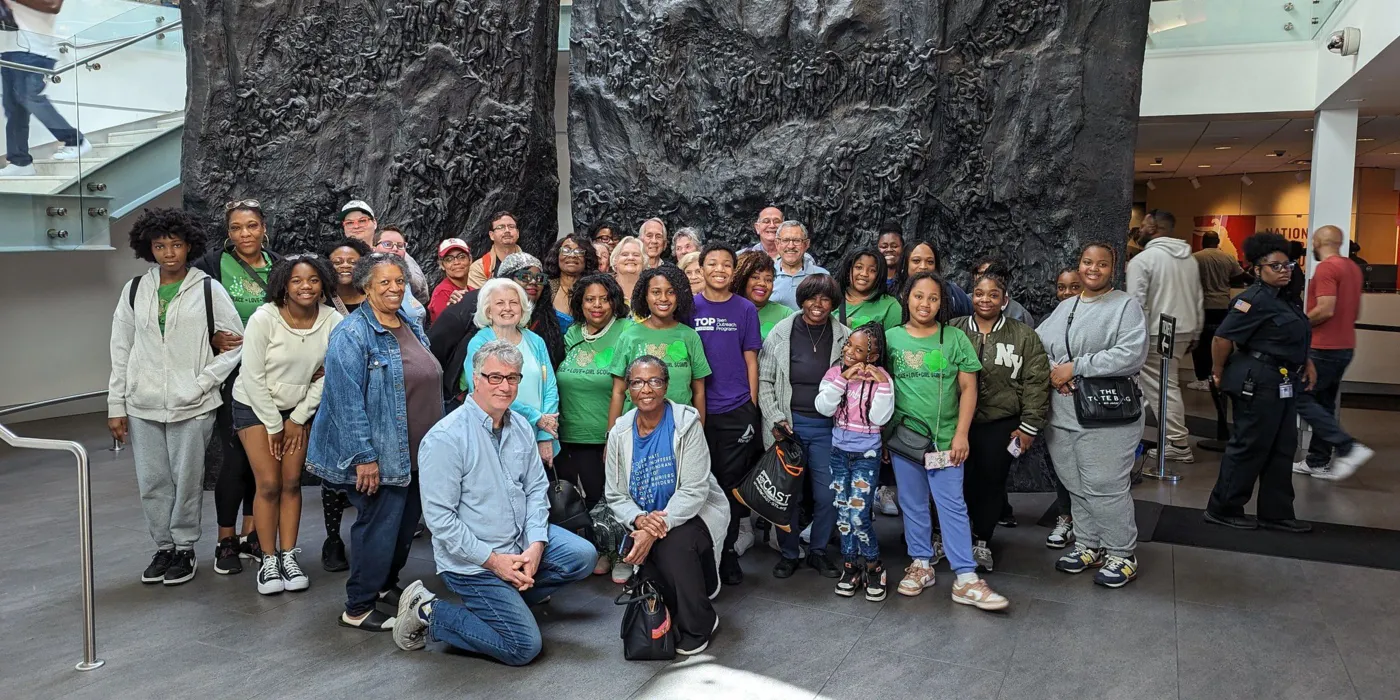
In previous weeks, we’ve talked about what evangelism looks like grounded in our values. Moving away from coercion and fear-based motivations, we want to connect with others to recognize and celebrate Good News wherever we find it. Our goal is to divorce evangelism from institutional self-interest and practice it in a way that is life-giving to ourselves and others.
So what does evangelism as reducing fear and building spiritual intimacy look like in real life, inside and outside the congregation?
There are two types of evangelism conversations: Depth Conversations, and Invitation Conversations. A Depth Conversation takes us into territory beneath small talk, to an event or struggle or idea that really matters to us. We’re seeking to get below the surface level of talking about weather or sports, and get to a place where we’re sharing emotion, values, and experiences that impact us.
Depth Conversation topics include life events and relationships and their struggles and blessings. Where do we see God in the important things that happen to us? Where is it hard for us to see God? Where does God feel close and where does God feel far away? In Depth Conversations, we seek to share with each other our spiritual questions, conflicts, and insights over time.
An Invitation Conversation is exactly what it sounds like: a conversation that includes an invitation. That invitation could be to worship or to a parish event, or it could be to further conversation, or to go to a movie or an exercise class or a cultural event. And invitation conversation opens a door to a next step in relationship.
Try an experiment this week with a fellow member of your congregation or other friend or family member. Have a Depth Conversation with them, and try to end with an Invitation Conversation. Start with asking them about something important, going deeper, and showing you care. (Remember our opening question last week: what’s been on your mind lately?) By the end of the conversation, consider some activity you could invite the other person to attend with you — at church or somewhere else, or even on Zoom! Then switch roles.
This kind of role-playing exercise is exactly the kind of training we evangelism-shy Episcopalians need! Don’t be afraid to make “mistakes” or feel awkward — this takes practice. We have the blessing of creating for each other a safe, welcoming atmosphere to experiment and take risks as we prepare to be bold and loving evangelists out in the world.
Once you try this exercise, reflect on how it feels. Do you feel closer to the person you had this conversation with? Do you feel called to pray for them? Do you feel supported in prayer by them? Once you start living life intentionally as an evangelist, always on the lookout for the opportunity to listen to someone’s spiritual journey and search for Good News together with them, you’ll find that this facet of discipleship is not scary or a burden but incredibly nourishing. This is God’s dream for us — to share the hopes and longings of our souls and name the presence of Christ among us.
Did you cop out and not try this exercise? That’s okay! It really is tough to break out of the habits of small-talk if that’s what you’re most used to. But I encourage you to take some time this week in prayer and ask: what does it take to trust God to empower you as an evangelist? The smallest baby step into being a detective of grace, a messenger of Good News, could be a linchpin in the Kingdom of God arriving among us. So step out and try!
